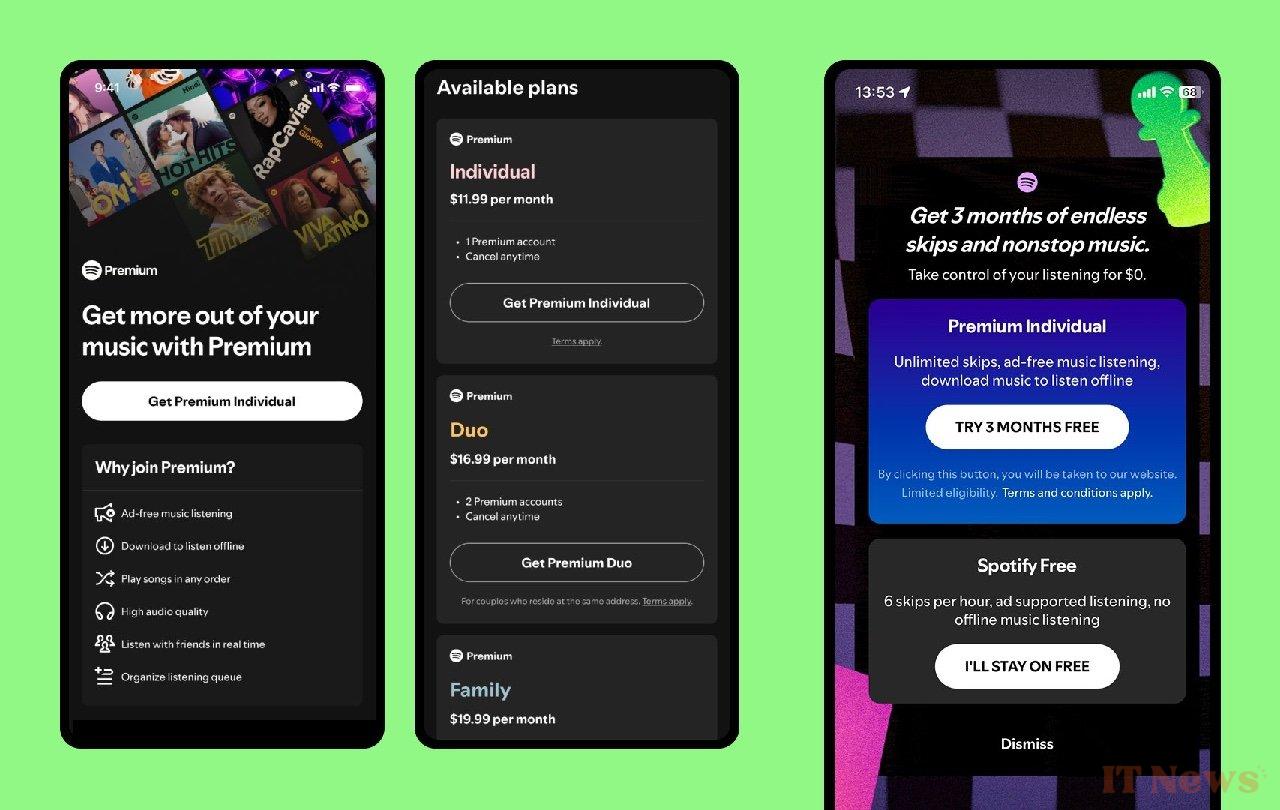In 2021, the American courts ordered Apple to ease up on the App Store: developers had to be free to communicate with their users about the possibilities of purchasing virtual objects outside of their applications.
To avoid completely losing its precious commission on in-app purchases, the apple company then decided to do everything possible to prevent developers from taking advantage of them: warning screens and multiple procedures to dissuade users, and above all a 27% commission on purchases made outside the App Store (compared to 30% via the store).
This reluctance on Apple's part was the last straw: in a devastating judgment, the US courts forced the manufacturer's hand, now obliged to give this freedom - yet simple - to developers to communicate freely with their customers.
Apple will appeal, as Tim Cook confirmed during yesterday's quarterly earnings call. But in the meantime, the manufacturer has no choice but to open the floodgates, which it did last night by substantially modifying the App Store guidelines, the labyrinthine and baroque set of rules that developers are required to follow. From now on, developers can include "buttons, external links, and other calls to action" that allow users to view and purchase virtual items outside the App Store. And, in the process, take advantage of discounts and promotions since these purchases are no longer subject to Apple's commission. Several high-profile apps have already submitted updates to take advantage of this or are in the process of doing so, such as Patreon. Spotify is one of the first apps to try its luck, and it has succeeded: Apple has validated the changes made to the streaming platform's iOS application.
"After nearly ten years, this will finally allow us to freely display clear pricing information and purchase links, promoting transparency and choice for American consumers," delighted a Spotify spokesperson. "We can now offer lower prices, more control, and easier access to the Spotify experience."
Unfortunately, all of this is only available in the United States. But perhaps this opening will inspire ideas in other parts of the world, such as Europe. Similar provisions are also required by the European Union as part of the Digital Markets Regulation (DMA). Apple has, with difficulty, authorized alternative stores and made other concessions on the old continent. But we're still a long way from there; in fact, the EU has fined the company €500 million for violating the DMA and demanded adjustments.




0 Comments